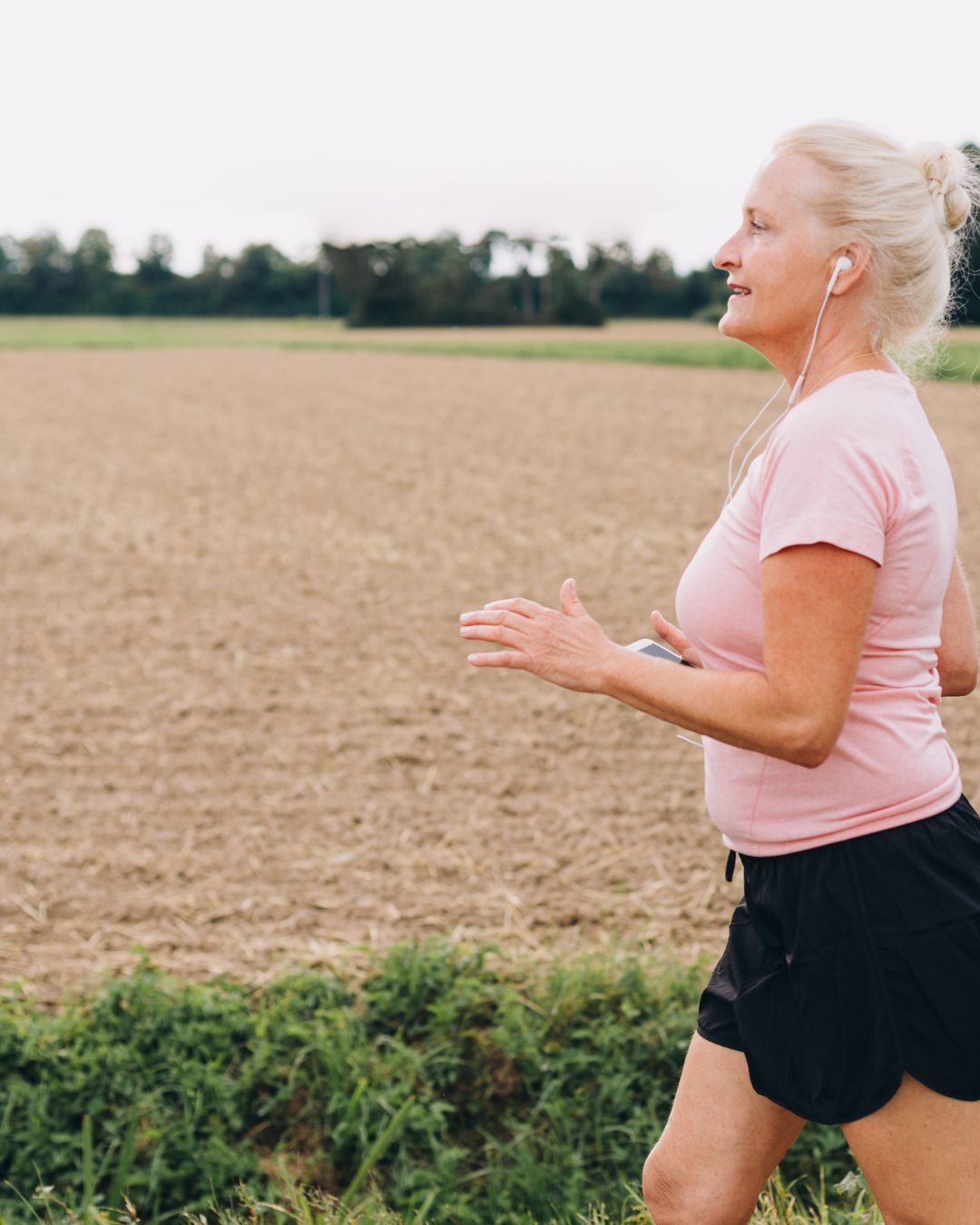Why Your Body Feels Like It’s Changing Overnight — and What You Can Do About It

One of the most common frustrations I hear from women in their 40s and 50s is:
“I’m not doing anything differently, but I’ve gained weight and lost strength — what’s going on?”
It’s not in your head. Your body really is changing. And there’s a very real reason behind it.
🔻 The Truth About Ageing and Muscle Loss
From around age 30, we start to lose muscle mass naturally. This is part of a process called sarcopenia, and it accelerates as we get older, especially if we’re not actively strength training.
Here’s the thing:
Muscle is metabolically active — it burns energy even at rest. So when you lose muscle, your metabolism slows down, meaning you don’t burn as many calories as you used to. And unless you adjust your training and nutrition, fat gain becomes a lot easier.
💡 The Menopause Factor: Why It Feels Sudden
This is where hormones come into play — especially oestrogen.
During perimenopause and menopause, oestrogen and progesterone levels drop significantly. That hormonal shift impacts nearly every system in the body — including:
- 🔥 Your ability to build and maintain muscle
- 🍽️ Your metabolism and how your body stores fat
- 💪 Your response to exercise and recovery
- 🧠 Your sleep, mood, and motivation
As Dr. Stacy Sims — an exercise physiologist and nutrition scientist — puts it:
“Oestrogen helps support lean muscle mass and improves insulin sensitivity. When it drops, your body becomes more prone to storing fat — especially around your belly.”
⚖️ So What’s Actually Happening?
Here’s why it feels like fat gain and muscle loss hit you out of nowhere:
- 🧬 Your hormones change
- 💤 Your sleep quality may suffer
- 💪 You’re losing muscle unless you're actively working to maintain it
- 📉 Your metabolism slows down
- 🍝 You may become less tolerant to carbs
- 📊 You’re often still eating and moving the same as before
This mismatch between what your body needs and what it’s getting creates that fast shift in body composition.
🔄 How to Take Back Control
The good news? This isn’t a life sentence.
Your body is changing — but you can change your strategy.
Here’s what works:
✅ 1. Strength Training
You need to stimulate your muscles to keep them. Heavy strength training (2–3x/week) is the best way to maintain muscle, support bone health, and boost metabolism.
✅ 2. Eat More Protein
As estrogen drops, your body becomes less efficient at using protein. You need more — not less. Aim for 2g per kg of bodyweight per day. Prioritise protein around your workouts for the best effect.
✅ 3. Move Daily
Walking, mobility, and light cardio are great. But endless cardio without strength training can make muscle loss worse. Focus on balanced movement including strenth training and lots of incidental exercise to burn excess energy.
✅ 4. Avoid Added Sugar
Excess sugar is quickly converted to body fat if it's not used for energy — and during and after menopause, your body becomes more resistant to glucose. That means it’s even less likely to be burned off and more likely to be stored as fat, especially as time goes on. It's really important to get these habits under control - you're aiming to stick to 25-50g of sugar a day (including natural sugar in fruit and honey).
✅ 5. Manage Stress & Sleep
High stress = high cortisol, which adds fuel to the fire. Make space for rest, recovery, and nervous system support.
❤️ Final Thoughts
This phase of life requires a new strategy — not more guilt or effort.
Menopause and associated hormonal, muscle and weight changes aren't going away but with the right habits in place, you can build strength, energy, and vitality well into your 50s, 60s, and beyond.
It’s not about going harder — it’s about getting smarter with food and movement to maintain muscle and weight as you age